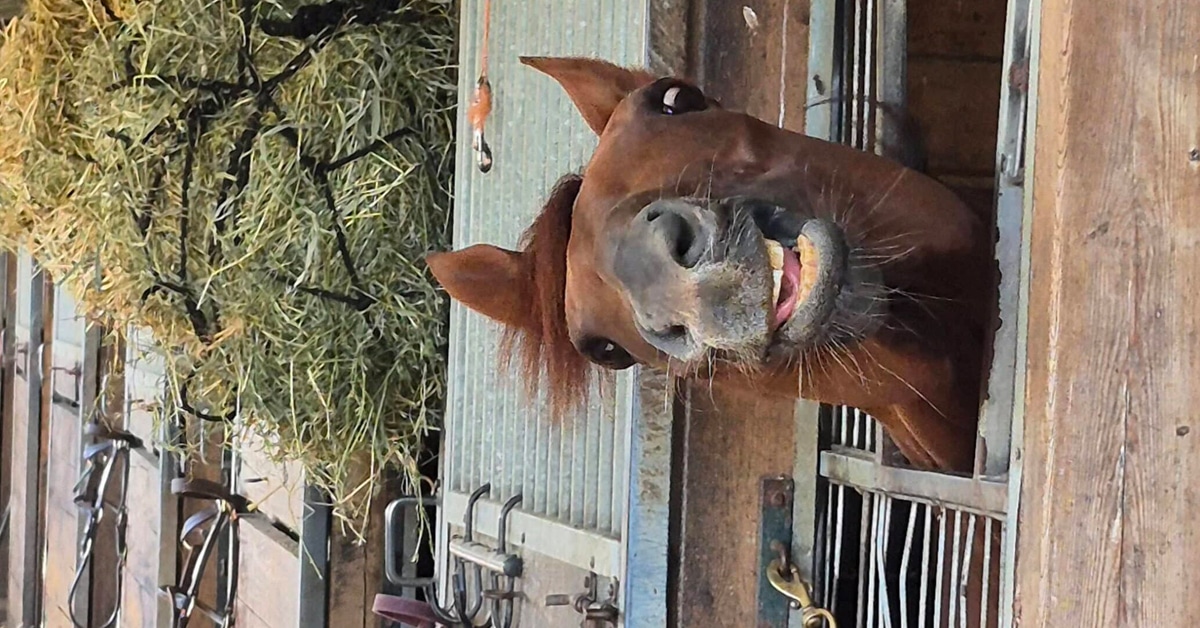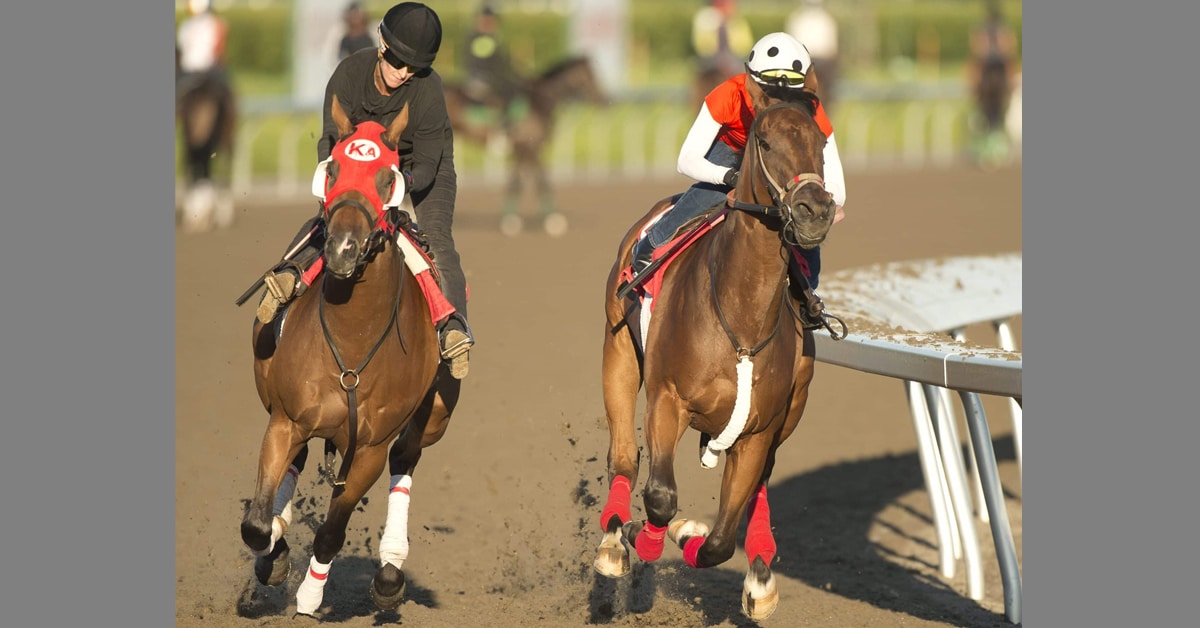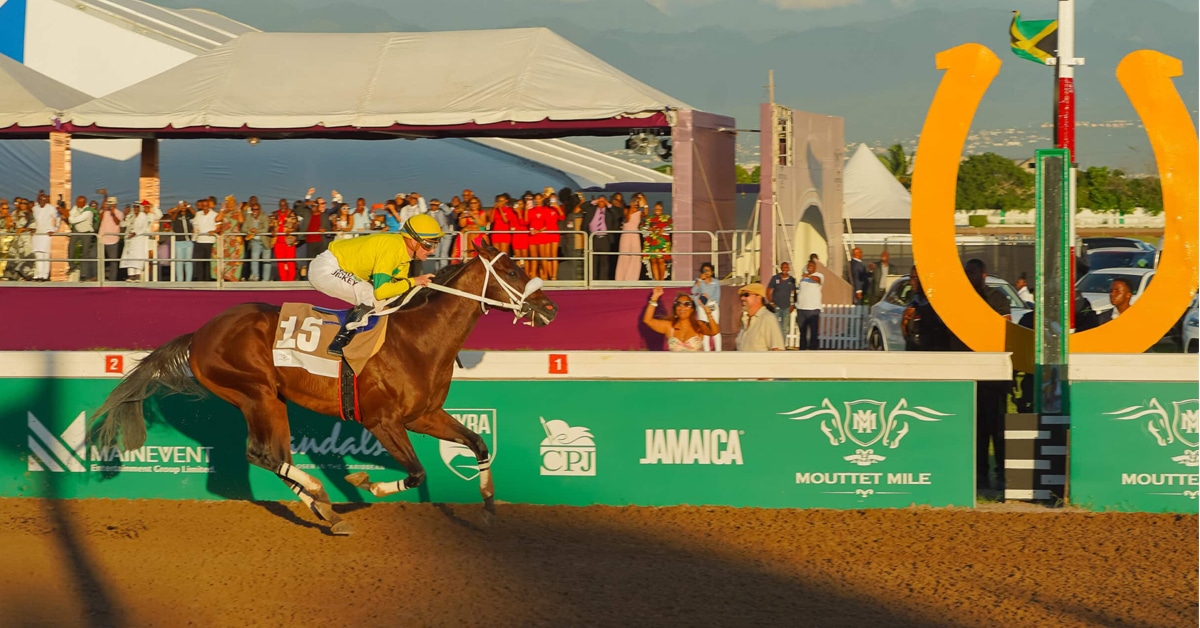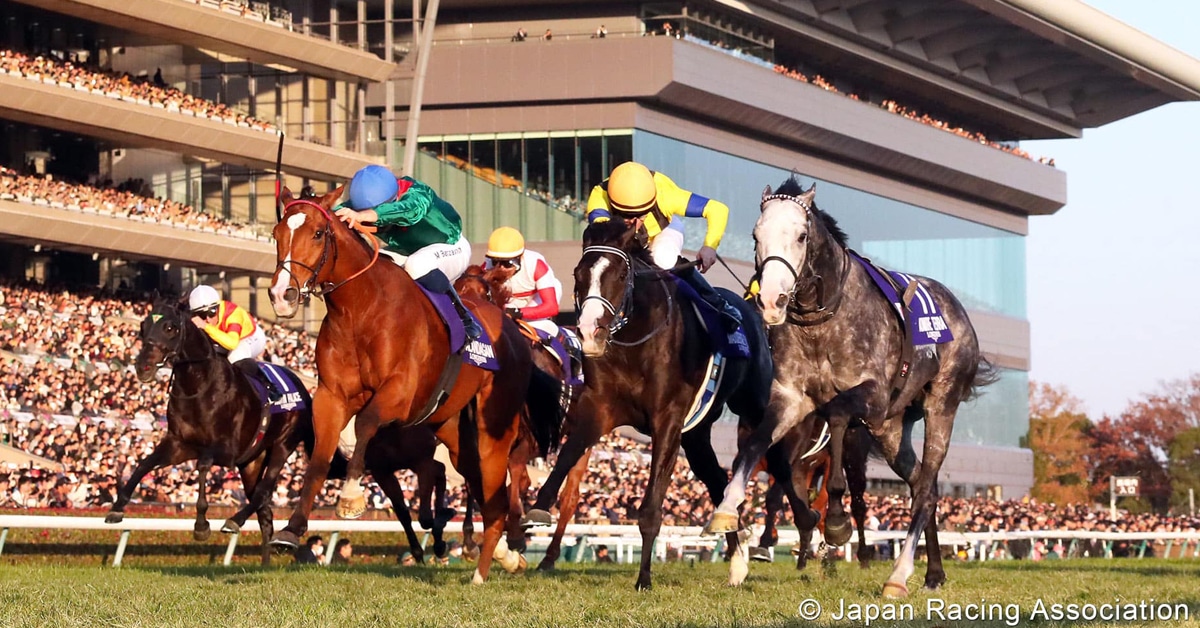Woodbine Entertainment Group (WEG) has made adjustments to the Ontario Sire (OS) program for the upcoming 2016 racing season to the tune of cuts of $1.4 million.
Citing the exceeded expectations of the OS purse bonus (which was raised to 40 per cent for 2015 for higher-level races) and declining horse supply, WEG will reduce the OS bonus and eliminate some restricted races.
The OS bonus will be reduced to 30 per cent in allowance races and maiden special weight (MSW) races and 20 per cent for all other eligible races. In addition several races have been eliminated:
– Maiden allowance OS races for three-year-olds and older will be eliminated. MSW OS races for three-year-olds will be offered only until midsummer, and continue all season for the two-year-olds.
– In 2015, Woodbine dropped the non-winners of three races lifetime, OS category, but added an optional claiming to the NW3 $20,000 and $40,000 claiming. For 2016, the optional portion will be dropped leaving the races as NW3 for both the $20,000 level and the $40,000 level.
“This is not good for Ontario breeders,” said John Burness, owner of Colebrook Farms in Uxbridge, Ontario, and a CTHS director. “I don’t have a problem with dropping the purse bonus from 40 per cent to 30 per cent, but the rest of it, this just gets us out of the business.”
The bonus projection was tabbed at $2 million, but because the Ontario sired horses regularly won open races over their American counterparts, the purse bonus paid was $3.6 million in 2014 and $4.4 million in 2015,” said a letter to horsemen issued by WEG’s director of racing, Steve Lym.
“Based on projections, the forecast for the OS bonus in 2016 is $3,094,110,” said Lym. “The OS purse bonus will be monitored closely during the season, with the potential for adjustment if required.”
Burness, who stands stallions and raises and races horses at Colebrook, believes buyers of Ontario-sired horses will stop buying and local mare owners will sell their mares. “Stopping the maiden races in the summer? Unless you have an Old Forester or Where’s the Ring offspring, you’re not going to start them until they are three-year-olds and the window to race them two-turns, from when those races start to be written, is small,” said Burness . “Then, if your horse does not win his maiden at three, and you have an OS four-year-old maiden. Where do you run it?”
The shrinking field size means that WEG is attempting to combine OS horses and ‘open’ runners to continue to have an attractive product for bettors around the world who play Woodbine. “As declining horse supply becomes a growing factor, [Woodbine Entertainment Group] can no longer support a parallel program of open races and restricted OS races,” said Lym.
Burness is just one local owner and breeder who is concerned with the direction the Woodbine racing program is headed. “I do understand where they are coming from,” said Burness. “They want to push OS horses into open races to fill the races.
“My problem is, if they don’t have OS horses here, the U.S. guys are not coming here to run for a 60 cent [Canadian] dollar.
“If it wasn’t for the OS program, they would not have the handles they have today in my personal opinion; those were always 12 and 14 horse fields. Now they are trying to get that by forcing the OS horses into open races.”
Lym said that the 1,148 overnight races projected to run in 2016 is similar to the 2015 total and with approximately the same base purse expense. “As external factors continue to impact the makeup of the horse supply at Woodbine, further adjustments may be necessary during the 2016 season and in future years to meet the needs of all involved in racing at Woodbine.”
Burness believes the trend toward continually cutting the OS program could have disastrous results. “My understanding, when Premier Wynne offered the five-year plan for horse racing, it was to, in part, keep Ontario breeders in business. This doesn’t do that. At one time, our Ontario stallions were getting better, the mares were better, racing was strong and then we got wacked on the head [by the ending of the slots-at-racetracks program]. This could make us worse off than before.”
More News









